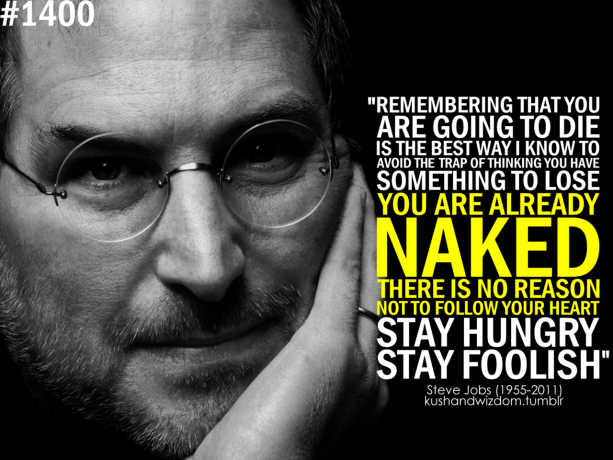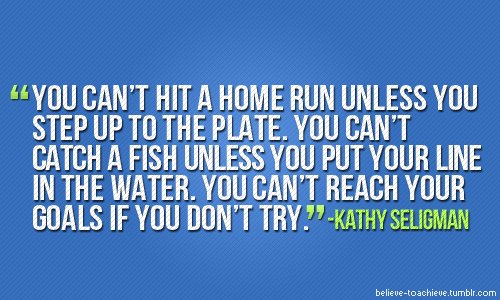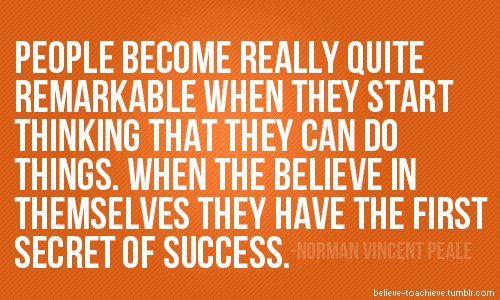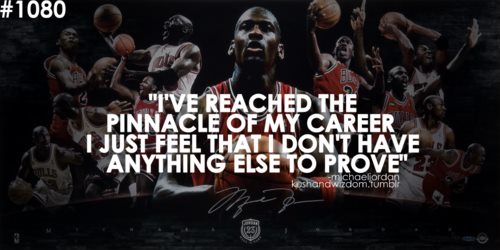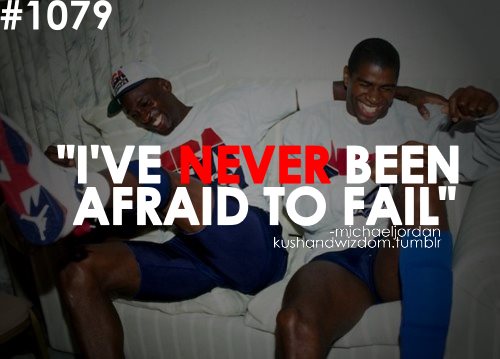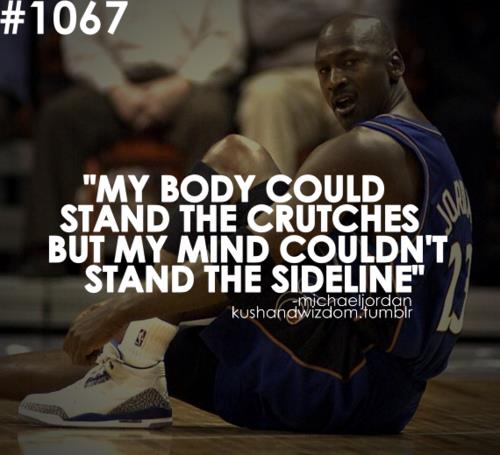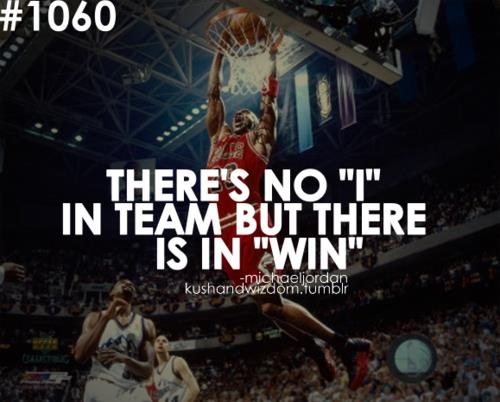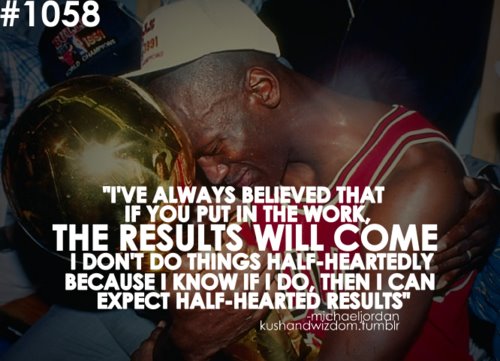The 10 Things Successful People Live By Before They Make It
Here’s a brief study of 10 things that these hungry and unstoppable people did to see the success they all eventually achieved.
1. They didn’t use excuses.
We all have two voices. There’s the voice that tells us to work hard, to focus on the task at hand and to finish it before we move on to the next. And to finish it well.
We also have the voice that tells us to take a break, to think about what’s on TV, or to visit a site that we like to visit that entertains us – whether it’s ESPN.com or facebook.
In life we’re the victim of injustice from time to time. It could be a promotion that we deserve but don’t get. No matter who we are, we’re going to be treated unfairly at some point. We can either feel sorry for ourselves, or push forward and put it behind us – even use it as motivation.
Nelson Mandela could have used his unjust imprisonment as an excuse to give into his anger. Instead, he used it as an opportunity to learn, grow, and eventually free others.
Listen to your excuses. Understand why you have them. Then figure out how you can use them for good.
2. It wasn’t just about them.
‘Things’ can be a motivator, they can even be a reward, but they can’t be the motivator. The truly successful in life always get there because they created change in the lives of others, not just their own.
If something drives you that is greater than just the ‘ends’, we’re going to work harder, longer, and we’re going to give more of ourselves to our project.
Yes we can make money when we have the primary goal of making money. Some might even use that money for good – which is awesome. But there’s no fulfillment in simply making money. And isn’t that the point?
3. Early mornings and late nights.
People who have achieved true success in their lives have worked for it.
This might come at the detriment of other areas of their lives, such as family or social life. But their mission is first and foremost. Until it’s complete, everything else comes second.
There’s literally no substitute for hard work. Abraham Lincoln said, “Things may come to those who wait… but only the things left by those who hustle.” If you want to be successful, you’re going to have to out hustle everyone else.
4. The greatest commodity.
Energy is a huge commodity that is often not talked about. Yes, energy in the sense of fuel and electricity is talked about everywhere, but I’m talking about our own energy levels.
The fact is that the more energy we have, the easier it is to focus, and the higher the quality of our work is.
One of Richard Branson‘s ‘key’s to success’ is staying in great physical shape. So would raised energy levels be the greatest benefit to working out? It may be.
Keeping physically fit gives us greater blood-flow to our brain, enhanced alertness and improved focus. Make training a routine part of your life and increase your chances at success – in every meaning of the word.
5. Principles.
History will be kind to me. For I intend to write it.
Winston Churchill had principles. The difference between him and the rest of us, is that he stuck to his principles at all costs. He didn’t waver when they weren’t popular – an extreme rarity in politics.
What are your principles? All of us should have them, know what they are, and live our lives bythem.
One of Apple’s principles is to bring change to the world through technology, and they do it with every product they release.
Identify what principles you have that guide your life through tough times, and when things couldn’t be any better. They shouldn’t change, and at your core, neither should you.
6. Wavering, yet unbreakable faith.
We all have moments of doubt. Even the best of us question if our dream is going to come true. The one thing that separates the truly successful from those who never reach their true potential is an unbreakable faith in the fact that what they’re doing is right.
Even if they have moments of doubt, they’re soon quelled, where other’s listen to that doubt and let it eat them up and finally they quit.
Have your moments of doubt. You’re human. Just don’t let that doubt eat you up. Instead let it motivate you to prove your optimism right.
7. A reason.
Many of the greatest accomplishments in the world were accomplished by insecure men and women, people who had something to prove to others. A desire to elevate their status and create change that was so strong, that failure is simply never and option.
Abraham Lincoln‘s reason(s) had to do a lot with his view of himself in relation to how other’s viewed him. Where others saw a poor, illiterate boy, Lincoln saw someone capable of achieving more, even if he had to do it completely on his own. He also saw the need for change. A nation that preached freedom wasn’t free. He saw something fundamentally wrong with this and set out to change it. His why wasn’t about him. Which in turn made him one of history’s great men.
Understand why. You have that reason to work when others sleep, to sacrifice a safe life for a risky one with no ceiling. Find it by asking why, and not stopping until you hit your core, emotional reason for wanting to change your status, or the status of others.
8. They persevered when others didn’t.
How does the guy who quit on his dream know how long it would’ve taken him to become a success? He doesn’t. None of us do. It could be tomorrow, or ten years from now.
What separates a lot of the great people we read about in our history books from those we’ve never heard of is the fact that they never quit. Quitting was never an option. They only stopped when they reached their dream. And even then, they created a new mission.
Take James J. Braddock, or even Nelson Mandela, for example. They didn’t achieve their greatness or success early on in their careers or in life like some. They achieved it after surviving. They survived while others literally died, or quit. In their cases it wasn’t just that they were the best, but they were the best because of what they endured. They were the last one’s standing.
We don’t know when our breakthrough will come. So don’t guarantee your failure by quitting. You can adapt, change, and evolve, but never, never, never quit.
9. Great people relentlessly studied their craft.
Tony Gwynn and Mike Tyson studied their craft as much as anyone. Gwynn spent hours upon hours studying opposing pitchers. He studied their patterns. He wasn’t the most athletic guy around, but he put his work in to be the best at what he did: hit baseballs.
When people think of Tyson, they think of an animal, but what we fail to see is the student. No one studied boxing like Tyson did. Watched more film than anyone in the history of the sport. He was a student first, a fighter second.
These great athletes studied film, but how can we perfect our craft?
Using myself as an example; much of my job has to do with writing, and obviously fitness. So, I study those two things. I read books about how to become a better writer, ways to connect with the reader, and I simply read great books written by authors who are much better at writing than I am. If you’re in sales, read and study sales. If you’re a marketer, then do the same with marketing.
Being a drone that simply goes through the motions is no way to achieve greatness. Assuming success is something you want, you have to study your craft, whatever it may be. Learn it inside and out. Build a wealth of knowledge. It’ll help you create great, inspiring, and unique work.
10. Risk.
No risk, no reward. Yes it’s an over-used, cliché of a phrase. But it’s true. Those who have achieved real success have often risked the most to get there.
There have been billions of people throughout history who have had the ability to achieve greatness, whether it was the talent or smarts, they had it. What they didn’t have was the guts to risk the life that they were living. They also didn’t have the work ethic to see their talent realized.
The greatest tragedy in life is wasted talent ~ A Bronx Tale
Your big, audacious dream might be to marry the girl of your dreams and have a family with her. You risk might be to leave the career that you love in order to support her and your family. Your dream might be to help millions live longer, healthier lives. Whatever your dream is, give it enough of a chance to be realized.
Risk if you truly want to see the reward.
Find your dream. Then risk everything to get it.
From Addictedtosuccess.











